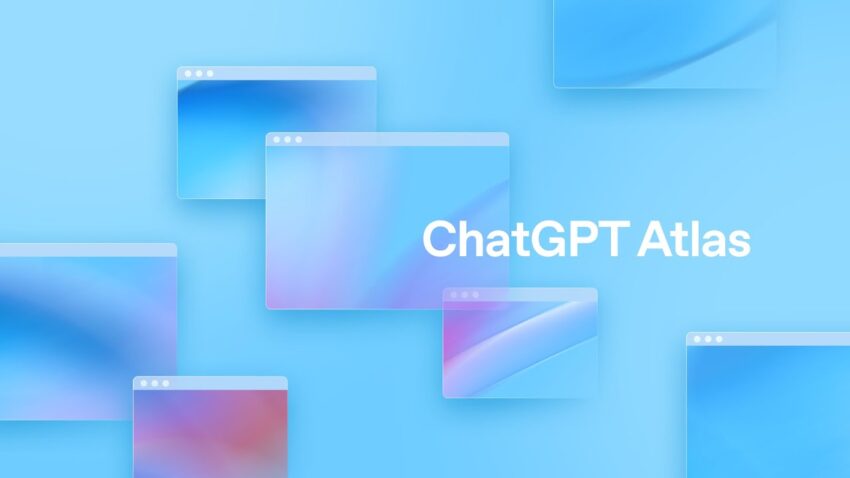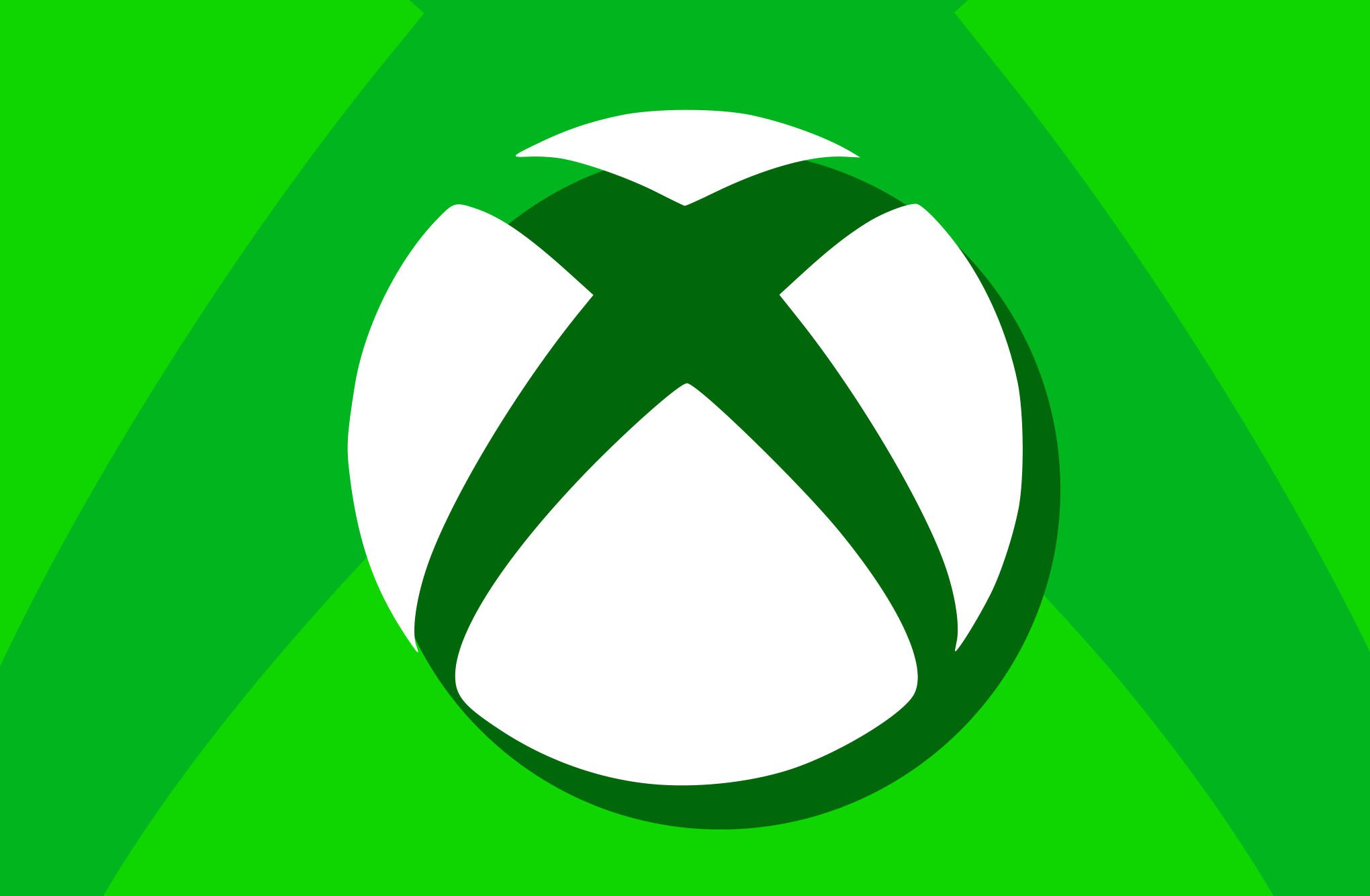
openai is about to launch its new OpenAI is set to unveil its new AI web browser, ChatGPT Atlas, in a livestream event today.
openai is about to launch its new
Teaser Announcement and Livestream Details
OpenAI has generated significant buzz with a teaser posted on its X account, hinting at the launch of its highly anticipated web browser. The teaser features a series of browser tabs, which has piqued the interest of tech enthusiasts and industry watchers alike. The livestream is scheduled for 1 PM ET / 10 AM PT, where OpenAI plans to reveal all the details surrounding this new product.
OpenAI’s CEO, Sam Altman, expressed his excitement about the announcement, stating, “a new product I’m quite excited about!” This sentiment underscores the importance of this launch for OpenAI, a company that has consistently pushed the boundaries of artificial intelligence technology.
Introducing ChatGPT Atlas
During the livestream, it was confirmed that the browser will be named ChatGPT Atlas, and it will be available globally on macOS starting today. Versions for Windows, iOS, and Android are expected to follow soon after. This multi-platform approach indicates OpenAI’s commitment to making its technology accessible to a wide range of users.
Reuters had previously reported in July that OpenAI was preparing to launch an AI web browser, which would integrate the company’s Operator AI agent. This feature is particularly noteworthy as it would enable users to perform a variety of tasks directly within the browser. For instance, the Operator AI could facilitate actions such as booking restaurant reservations, automatically filling out forms, and executing other browser-related tasks, significantly enhancing user convenience.
Integration of ChatGPT Interface
One of the standout features of ChatGPT Atlas is its integration of a ChatGPT interface. This allows users to interact directly with the AI chatbot without needing to navigate to the ChatGPT website. This seamless interaction could redefine how users engage with AI, making it more intuitive and accessible.
Furthermore, it is expected that ChatGPT Atlas will operate on Chromium, the same open-source engine that powers popular browsers like Google Chrome, Microsoft Edge, and Opera. This choice of engine suggests that users can expect a familiar browsing experience, combined with the advanced capabilities of AI.
The Competitive Landscape of AI Browsers
The announcement of ChatGPT Atlas comes at a time when the AI browser market is becoming increasingly competitive. Several companies are already making strides in this space, each with unique offerings that leverage artificial intelligence to enhance the browsing experience.
Google and Gemini
Google has been developing its own AI capabilities within its Chrome browser, branded as Gemini. This initiative aims to integrate AI features that can assist users in various tasks, similar to what OpenAI is proposing with ChatGPT Atlas. Google’s established user base and extensive resources position it as a formidable competitor in the AI browser arena.
Perplexity and Comet AI
Another player in the field is Perplexity, which has introduced its Comet AI browser. This browser aims to provide users with an AI-driven experience that enhances search capabilities and overall usability. The emergence of such dedicated AI browsers indicates a growing trend toward integrating AI functionalities into everyday web browsing.
The Browser Company and Atlassian Acquisition
The Browser Company, known for its innovative approach to web browsing, was recently acquired by Atlassian for $610 million. This acquisition highlights the increasing interest in AI-driven browsing solutions and the potential for significant investment in this sector. The Browser Company has been working on a product called Dia, which aims to create a more agentic browsing experience, further intensifying the competition in this space.
Microsoft’s Strategy with Edge
Microsoft, a strategic partner of OpenAI, has taken a different approach. The company has ruled out the creation of a dedicated AI browser. Instead, Microsoft AI CEO Mustafa Suleyman indicated that the strategy involves evolving the existing Edge browser to “become a true agentic browser.” This approach focuses on enhancing the capabilities of Edge rather than developing a completely new product, setting Microsoft apart from other competitors in the market.
Implications for Users and the Industry
The launch of ChatGPT Atlas is poised to have significant implications for both users and the broader technology industry. For users, the integration of AI into web browsing could streamline many tasks, making the online experience more efficient and user-friendly. The ability to interact with an AI chatbot directly within the browser could also encourage more people to utilize AI tools, potentially expanding the user base for AI technologies.
From an industry perspective, the introduction of ChatGPT Atlas signals a shift in how web browsers may evolve in the coming years. As companies like OpenAI, Google, and Microsoft invest in AI capabilities, the competition will likely drive innovation and lead to more sophisticated browsing experiences. This could result in a rapid evolution of features that prioritize user convenience, personalization, and efficiency.
Stakeholder Reactions
The announcement has garnered attention from various stakeholders in the tech industry. Analysts and experts are closely monitoring the launch, eager to see how ChatGPT Atlas will perform in comparison to existing browsers. Many are particularly interested in the potential for AI to transform browsing habits and the implications for data privacy and security.
Users have also expressed curiosity about the capabilities of ChatGPT Atlas. Early adopters are eager to explore how the integration of AI can enhance their browsing experience, particularly in areas such as productivity and task management. The anticipation surrounding the launch suggests that there is a strong demand for innovative solutions that leverage AI technology.
Conclusion
As OpenAI prepares to launch ChatGPT Atlas, the tech community is abuzz with excitement and speculation. The integration of AI into web browsing represents a significant step forward in how users interact with technology. With competitors like Google, Perplexity, and Microsoft also making strides in this space, the landscape of web browsers is set to undergo a transformation.
OpenAI’s commitment to making ChatGPT Atlas available across multiple platforms indicates a strategic move to capture a diverse user base. As the AI browser wars heat up, it will be fascinating to observe how these developments unfold and what they mean for the future of web browsing.
Source: Original report
Was this helpful?
Last Modified: October 21, 2025 at 9:38 pm
56 views















